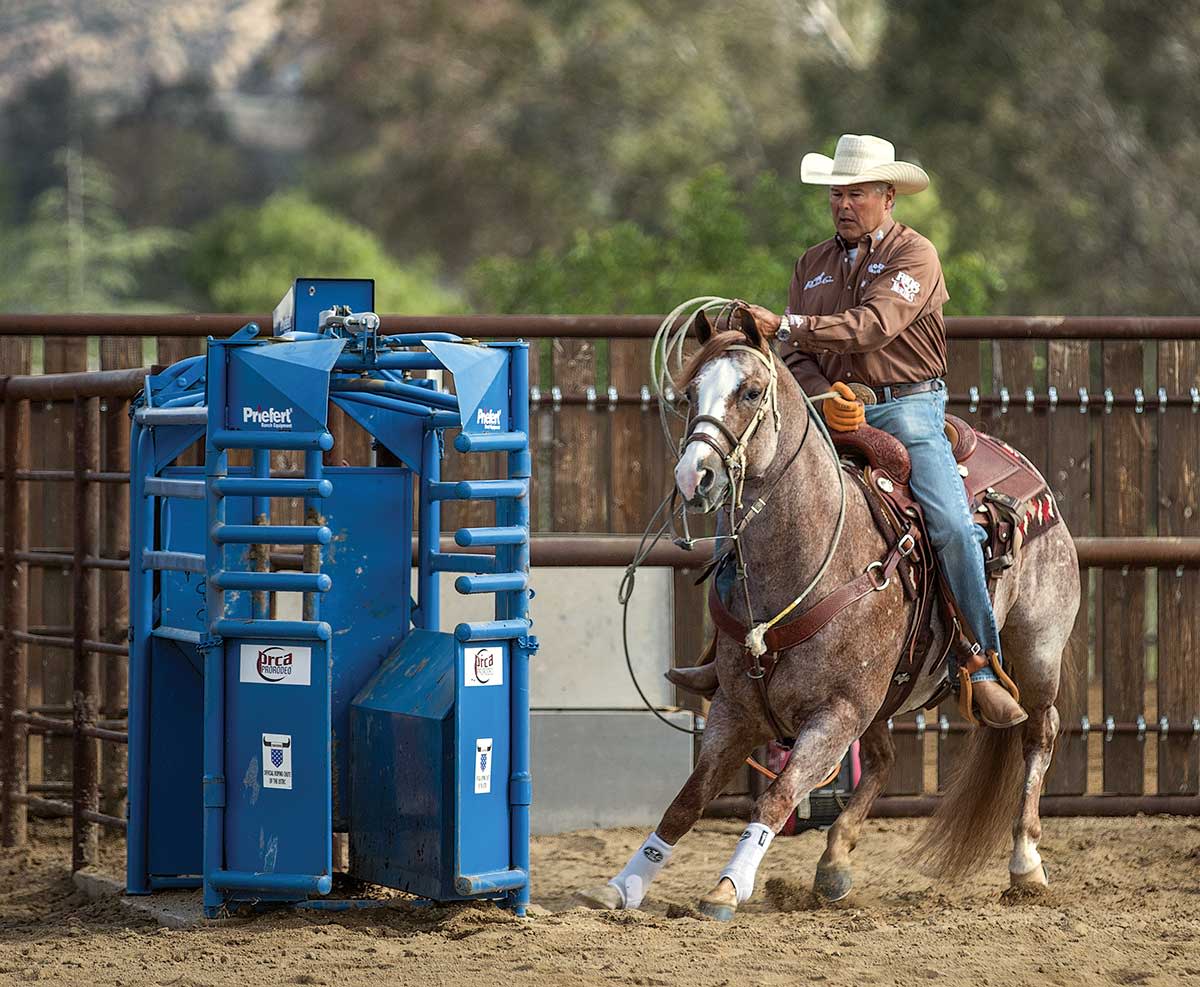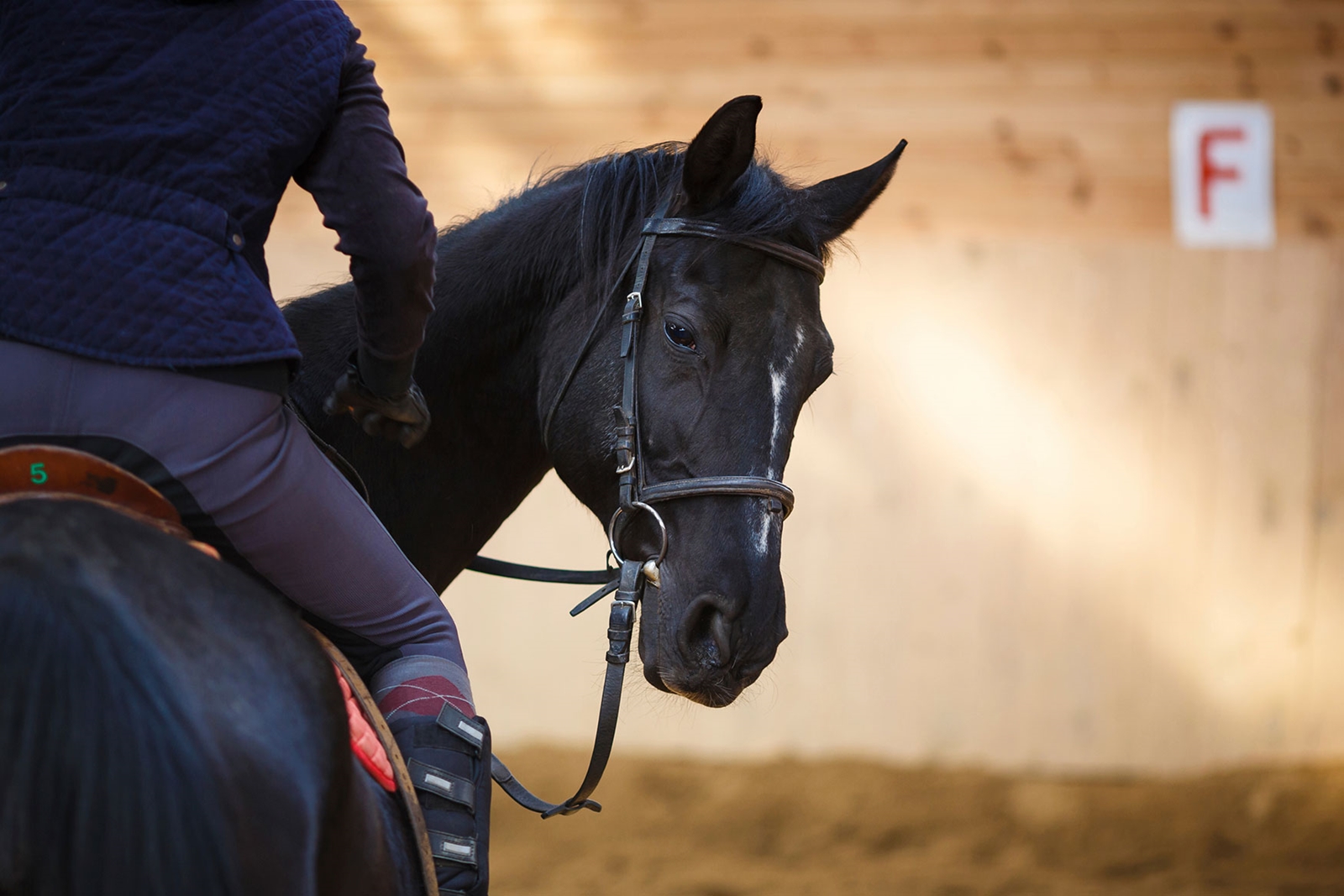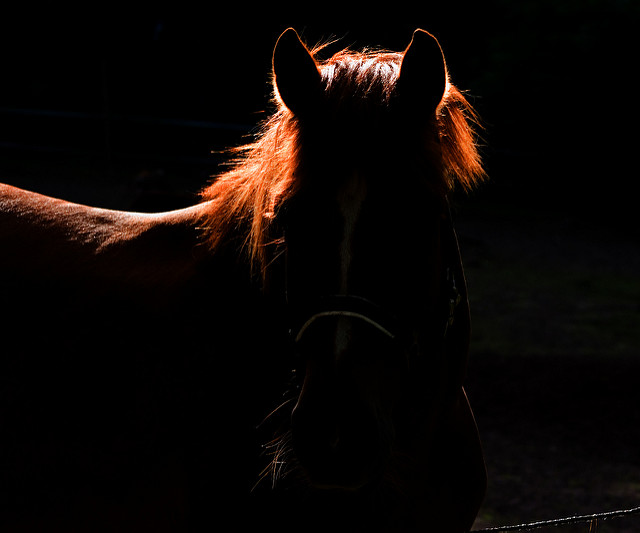
Are You the Problem? Or Is It Your Horse? – Horse&Rider
It happens all the time. An amateur rider needs just one point to qualify for an exclusive show or reach a milestone. All he or she has to do is stay on pattern. Then it happens: over-spinning, trotting out of lope departures or through lead changes, anything that keeps the horse-and-rider pair from getting the score they need.
It might be easy to blame the rider for being absent-minded. Or the horse for being lazy when he trots. But the truth is the responsibility lies with both of them. And if they have a trainer or coach helping them, then he takes part of the blame, too. It takes a team—whether of two or three—to reach your riding goals. You, your horse, and your coach must all work together.
I’ll discuss three problems that can lead to the “blame game.” No matter which issue you identify with, you must remember that assigning blame—on yourself, your horse, or your coach—doesn’t accomplish anything.
Rider Mistake Becomes Horse Problem
When you repeatedly make the same error, your horse’s body position begins to change for the worse. The team of two or three is in it together to overcome the rider’s poor planning that manifests itself in the horse getting out of position.
For example, let’s say you make a literal figure 8 when circling instead of coming straight through the middle of the arena. This forces your horse to lead with the shoulder he’s leaning into—the right if you’re changing from left to right lead, or left if vice versa. Leading with that shoulder allows him to change leads in front first and drag his hind lead.
Sure, you can fix the problems you create, but it takes time, patience, and skill. If you’re mindful of your job when riding, you won’t create body-position problems in your horse. In this case, when circling, if you always travel straight through the middle, your horse will stay straight and change leads in the front and
back at the same time. Reinforce this straightness by continuing your straight path for two or three strides after completing the lead change.
Horse Outsmarts Rider
“Outsmarting” almost always means “anticipation.” Your horse notices your subtle clues of what you’re planning to do. If you always shift your weight or look down a certain way before a cue, he feels it. Eventually, he’ll use that miniscule “tell” as his cue. It takes two to anticipate, because the horse doesn’t learn to anticipate a maneuver unless you teach him how.
I see this a lot with stopping. If you look in the exact spot you plan to stop, your horse can tell where you’re looking. He’ll anticipate your cue and be ready to stop before you are. To keep from giving this unintentional cue, look out over the arena fence, well past where you intend to stop. It also happens if you regularly get rough with your horse after a maneuver. Why would he want to run down to stop when he knows you’ll get fast—or even aggressive—with your hands? Hurting or “punishing” your horse builds many problems that are hard to fix, anticipation being just one of them.
Horse and Job Don’t Fit
Your horse isn’t suited for every event; no horse is. If stopping isn’t your horse’s strong suit, don’t torture yourself and your horse by trying to make him a reiner. You’ll waste money with the trainer, time you could be enjoying your horse, and any talent your horse might have in another event.
For example, if your horse isn’t cowy, how can he be expected to take a cow down the fence or cut one from a herd? If he’s not fast, how can he be a barrel horse? If he lacks strength, should you try to make him a rope horse? Let your horse tell you what he wants to do, and you’ll both have a better chance at success. If his talents don’t fit your interests, it’s in both of your best interests to part ways. Sell him to someone who can enjoy doing what he’s good at, and find yourself a horse that fits the discipline where your interests lie.
Bob Avila, Temecula, California, is an AQHA world champion, three-time NRCHA Snaffle Bit Futurity winner, NRHA Futurity champ, and two-time World’s Greatest Horseman. He’s been named the AQHA Professional Horseman of the Year. Learn more at bobavila.net.
https://horseandrider.com/health-and-advice/is-it-you-or-your-horse
On – 19 Nov, 2017 By Bob Avila, With Jennifer Paulson
You May Also Like

Treat-Training Horses While Riding – The Horse
November 9, 2018
Owning a Horse Is Expensive AF, New Study Reveals
September 14, 2018



